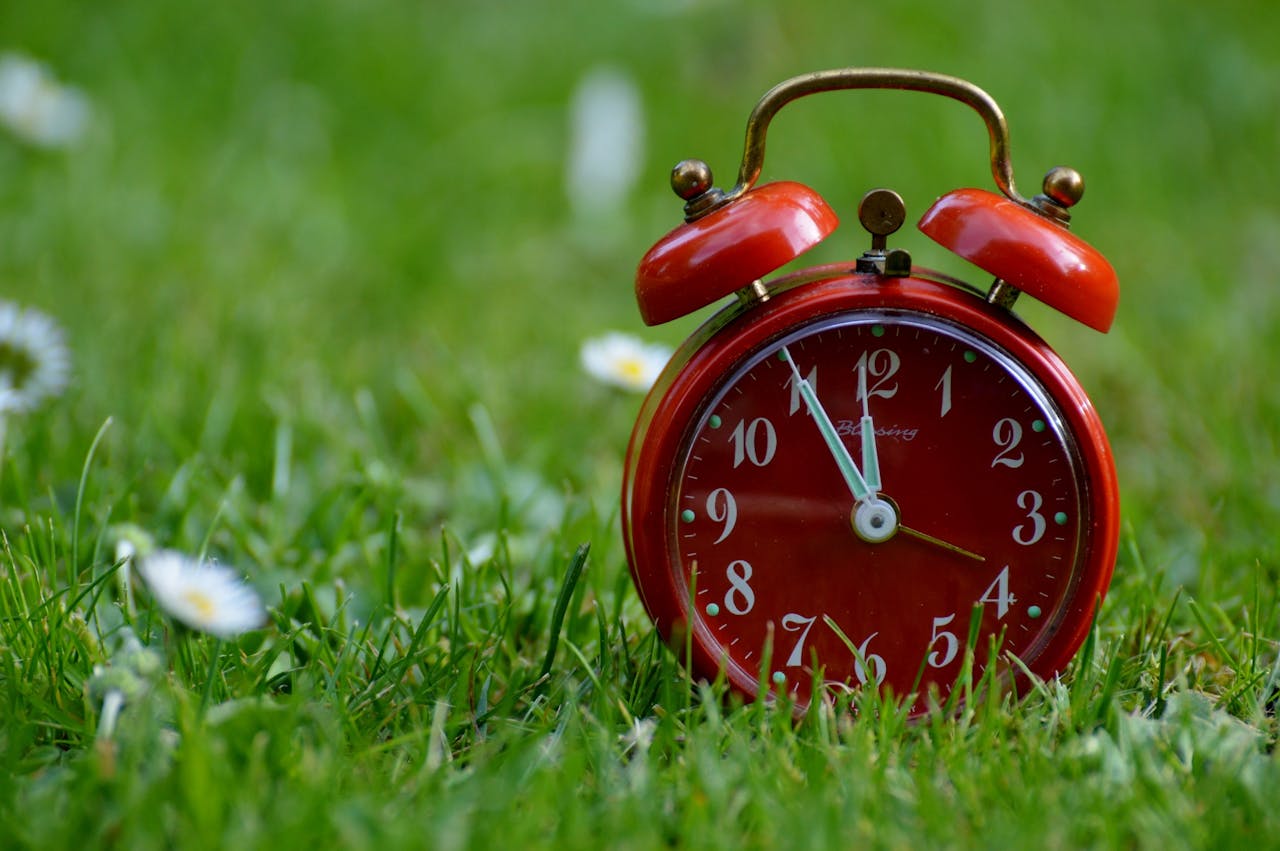When the Clocks Fallback: How to Support Yourself and Your Clients
Audio
It’s that time of year again when the clocks go back. While some look forward to an extra hour of sleep, many find this shift brings grogginess, darker mornings, and shorter days. For clinicians, it’s important to understand how these changes affect not only yourself but also your clients. Adjusting to this time change can significantly impact yours and your client’s mental well-being, and it’s important to prepare for this.
Seasonal Affective Disorder: A Common Concern
One of the main mental health challenges triggered by the time change is Seasonal Affective Disorder (SAD). As the days become shorter and the sunsets earlier, many people experience symptoms like:
- Fatigue
- Sadness
- Difficulty concentrating
- A lack of energy
SAD typically occurs during the fall and winter months due to reduced sunlight, which impacts serotonin level, which is a key neurotransmitter involved in mood regulation. The drop in serotonin can cause increased mood swings, irritability, and even mild depression. As a clinician, be mindful of these shifts in your clients and how you too may notice a shift in your mood as well. We as clinicians are not exempt from the time shift.
Disrupted Sleep Patterns and Circadian Rhythm
The time change can throw off your circadian rhythm, the body’s internal clock. This disruption can lead to insomnia, making it hard to fall or stay asleep, and leave you feeling tired throughout the day. A lack of proper rest can impact your mental clarity and emotional regulation, which may affect how you show up for your clients as well as how your clients present with you..
Energy Levels and Productivity Decline
Another common effect of the time change is fatigue and a decrease in motivation. Many people feel sluggish and less productive during the day. If you or your clients already struggle with depression or anxiety, this time of year can exacerbate these symptoms. Pay close attention to any changes in your mood or energy levels, and encourage your clients to do the same.
Increased Anxiety
With darker, shorter days, many people experience heightened anxiety, especially if they feel uncomfortable or unsafe in the dark. The reduction in outdoor activities due to colder weather can also lead to a more sedentary lifestyle, further contributing to feelings of anxiety and stress.
Disrupted Routines and Stress
The time change can significantly disrupt routines. If you or your clients rely on structure to manage mental health concerns, this change may feel especially difficult. Finding new routines and coping strategies can be key to maintaining balance during this transition.
Coping Strategies: Supporting Yourself and Your Clients
There are several ways to manage the mental health effects of time change and ensure you can show up fully for your clients.
1. Maximize Sunlight Exposure
Encourage both yourself and your clients to spend time outdoors or near windows during daylight hours. Maximizing exposure to natural light can help regulate mood and energy levels.
2. Maintain a Consistent Sleep Schedule
Going to bed and waking up at the same time each day helps reset your circadian rhythm. Even if it’s tough at first to lay down and stay in bed, consistency is key to overcoming the grogginess that often follows the time change.
3. Exercise Regularly
Exercise is a powerful tool for improving mood and reducing stress. Whether it’s indoor activities or outdoor walks during the day, encourage your clients to stay active as much as possible.
4. Consider Light Therapy
Some people benefit from using a light therapy box, which mimics natural sunlight and can help alleviate the symptoms of SAD. It’s worth exploring this option if the time change has a significant impact on your mood or energy.
5. Stay Connected
Isolation can worsen feelings of depression or anxiety, especially during the darker months. Encourage yourself and your clients to maintain social connections, even if the instinct is to withdraw.
6. Monitor How You Show Up for Clients
As a clinician, it’s crucial to monitor how the time change is affecting you. By staying mindful of your own needs and coping strategies, you’ll be better equipped to help your clients navigate their own challenges during this period.
By being proactive and adjusting to the time change, you can help yourself and your clients maintain mental and emotional balance during the shorter, darker days of the year.










